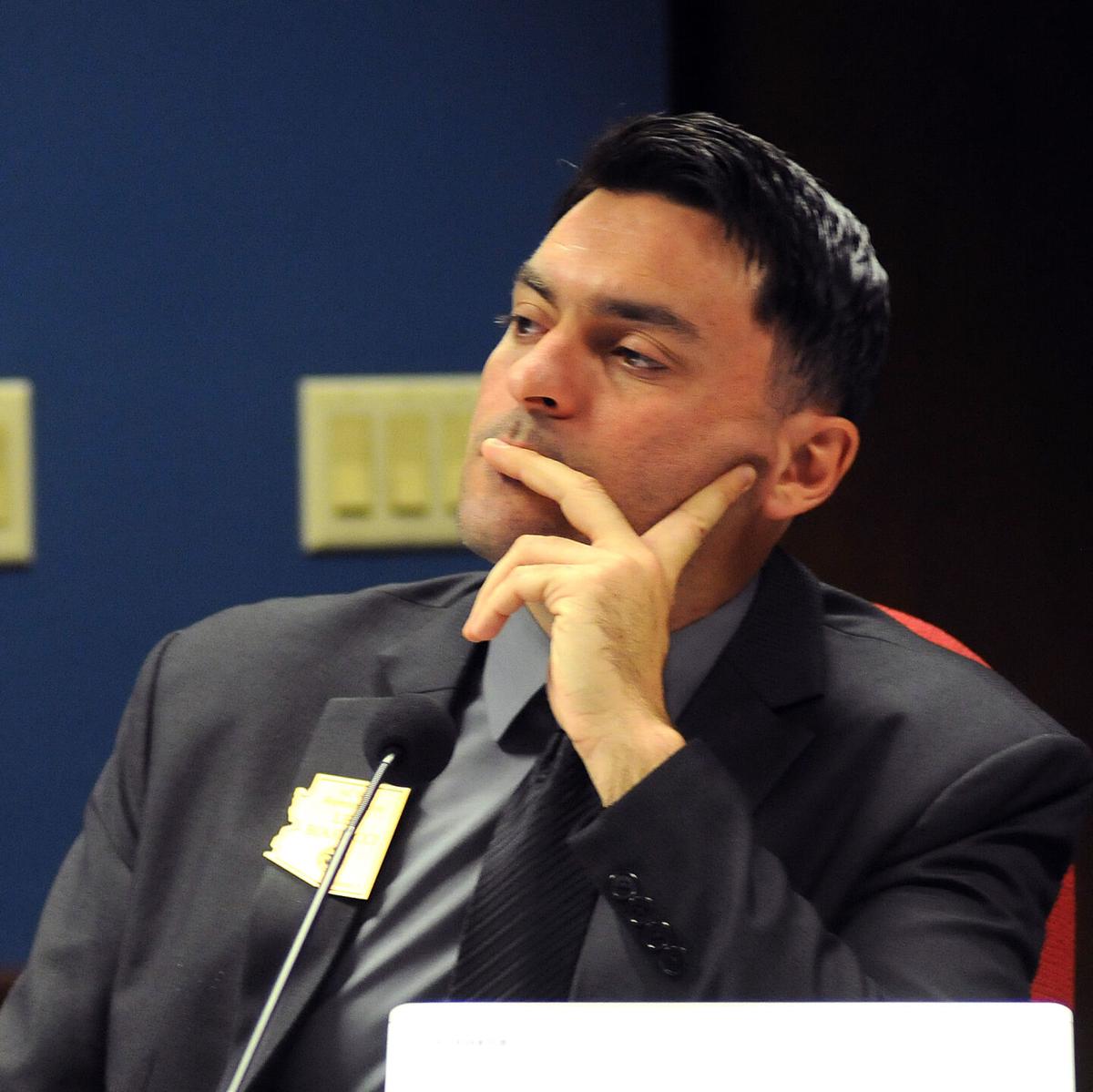PHOENIX — Arizona lawmakers are moving to block the sale and lease of state lands to foreign governments and certain foreign corporations — but not the Saudi one that has caused the concern in the first place.
House Bill 2376, approved by a 7-2 vote Thursday by the House Committee on Lands, Agriculture and Rural Affairs, spells out that none of the more than nine million acres owned by the state can end up in the hands of any foreign government or state-controlled enterprises, whether permanently or through a lease.
The measure, which now goes to the full House, would also impose the same restrictions on any company headquartered in China, Cuba, Iran, North Korea, Russia, Syria or Venezuela. Ditto for any firm whose majority of shareholders are from those countries.
But that list does not include Saudi Arabia, as Rep. Mariana Sandoval, D-Goodyear, pointed out.
Fondomonte, a company controlled by Saudi interests, is leasing 3,500 acres of state land in La Paz County and pumping huge quantities of groundwater to grow hay to feed cattle in Saudi Arabia.
There are talks going on among lawmakers about whether to add that country, though nothing lawmakers do now could affect existing leases, said House Minority Leader Leo Biasiucci, R-Lake Havasu City.
That did not satisfy Rep. Keith Seaman, D-Casa Grande.
“There are other countries as well who we may not want to own land in Arizona,’’ he said. Seaman specifically cited Afghanistan, Pakistan and Vietnam.
“It’s a very good question,’’ Biasiucci conceded. “Do we go through and start to pick and choose which countries might be against us or obviously we have histories with?’’
The simpler solution, he said, was starting with countries designated by the U.S. State Department as “state sponsors of terrorism’’ and add to that “the ones that have been negatively impacting us constantly,’’ meaning China and Russia.
Biasiucci also questioned why Vietnam would be on a list of hostile countries. “There’s been no proof, in my opinion, of them doing anything that’s been negatively impacting us,’’ he said.
But Rep. Lydia Hernandez, D-Phoenix, said that’s missing the point if at least part of the purpose of the legislation is to keep others from exploiting Arizona’s limited water supply.
In fact, she said, perhaps the measure should be expanded to keep companies based not just in other countries but those from other states from buying or leasing state lands and thereby getting the water rights that come with the property.
“I mean, they are able to come in and do the exact same thing,’’ Hernandez said of other states.
Biasiucci showed no interest in expanding his legislation. He said, though, that the concerns are valid, specifically mentioning “hedge fund companies.’’
“They’re coming in and they’re just looking for that water,’’ Biasiucci. “They’re just coming in and exploiting the resources and getting out.’’
What might be better is more oversight of the deals being made by the state Land Department, he said.
It was that agency that agreed to lease nearly 10,000 acres of state land near Vicksburg on the state’s western edge for $25 an acre per year. The Saudi company gets to pump all the groundwater it could use as part of the lease. Arizona has lax regulations of water use in rural areas.
The Land Department is charged by law with obtaining the highest return possible on the sale and lease of lands, with the proceeds benefiting some state functions, mainly public schools. There appears to be nothing in statute that allows the agency to refuse an offer of money and instead allow the land to sit unused — with no revenues.
Biasiucci said perhaps what’s needed is legislation that creates a special committee to review the deals being made by the Land Department, presumably with some power to step in and stop some of the sales and leases being proposed.
Rep. Michael Carbone, R-Buckeye, said deciding which land deals with foreign entities the state should approve could prove difficult.
He cited, for example, Taiwan Semiconductor Manufacturing Co., which purchased 1,128 acres of state land in north Phoenix where it wants to construct a $12 billion factory.
“When you have folks coming into our country to invest, that’s good,’’ Carbone said. “We need to bring manufacturing and stuff back to our country and get back to doing business with folks that have the same like-mindedness that we do, at least in the sense of not being adversarial, hostile.’’
Sandoval, however, said she’s not convinced the measure will accomplish its true purpose of protecting Arizona water.
“It’s not addressing the real issue on the groundwater supply being exploited by entities,’’ she said, in refusing to support the measure.
Get your morning recap of today's local news and read the full stories here: tucne.ws/morning





